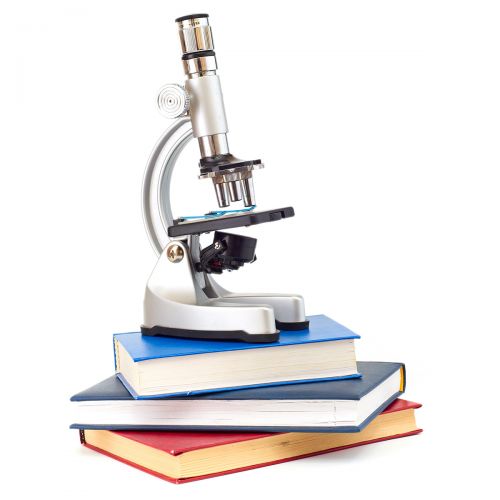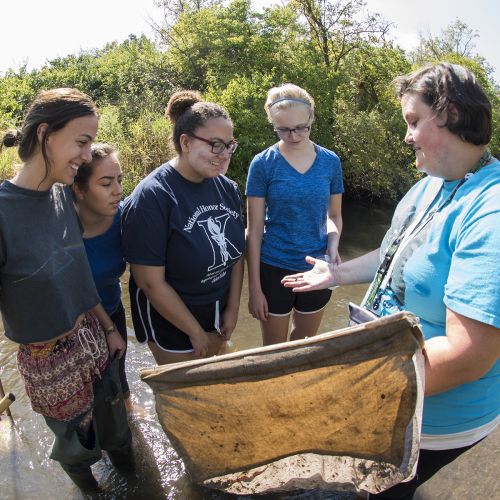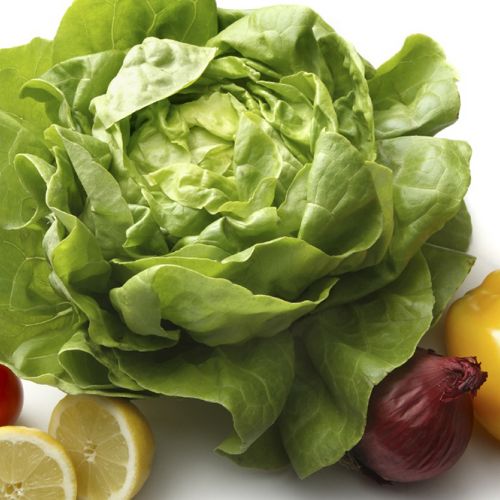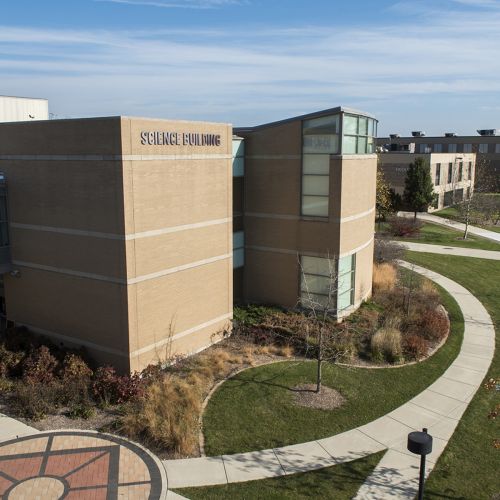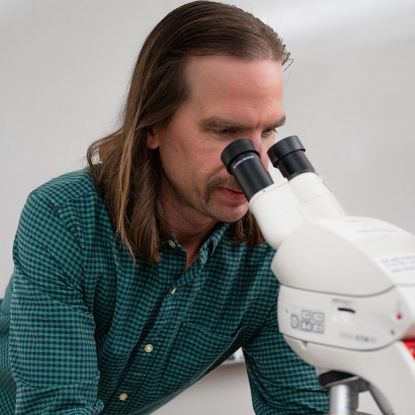
Overview
It’s been said that this essential science is actually a teacher, pushing us to question, observe, evaluate and solve.
This means that biologists are at the forefront of discovery, helping advance understanding about the natural world around us and drive innovations that impact the well-being of our health and our environment.
With courses for majors and non-majors, Waubonsee’s biology curriculum is built for students who see a future in science and a career discovering its mysteries.
Sugar Grove Campus Open House
Saturday, April 26 • 1 to 3 p.m.
Come explore the college’s main campus—its labs and learning spaces, student services, and more. See our amazing Science Building and learn about our new Water and Wastewater Technology One-Year Certificate. Meet faculty and enter to win a free class!
Featured Faculty: Dr. Evan Thomas, Associate Professor of Biology
University of Colorado Boulder Ph.D., Ecology and Evolutionary Biology

We live in a world of biodiversity loss, and we need people to find the beauty in the world and share it with others so there is broad understanding that the world we live on should be protected."
Studying Biology at Waubonsee
Biology students at Waubonsee explore the stories of living things: how they work, interact and evolve.
Our hands-on science facilities are state-of-the-art, with biology labs at our Aurora Downtown and Sugar Grove Campuses. Even if you take online classes, our knowledgeable faculty will inspire and encourage you—and additional academic assistance is available too.
Biology classes train students to develop and apply critical thinking and problem solving skills in research and laboratory projects, employing precision, attention to detail and systematic process. Students also refine their ability to report on their research findings through papers and oral presentations—all of which can apply to scientific and non-scientific jobs after graduation.
Working in Biology
A biology degree from Waubonsee opens the doors to further study—and to a wider selection of careers than you might think.
Health care careers are still high demand, and biology is the basis for work in nursing, pharmacy, lab technology and more.
And because biology majors understand technique and procedure as well data, computations and terminology, they can apply these skills in numerous fields: veterinary and animal care, educators in schools and museums; forensic science; environmental engineering, energy and biotechnology; research and development for business; even journalism and economics.

